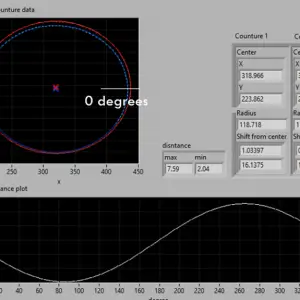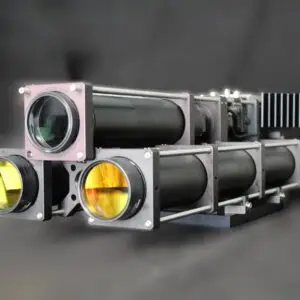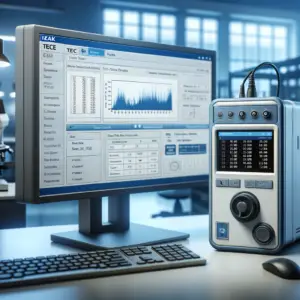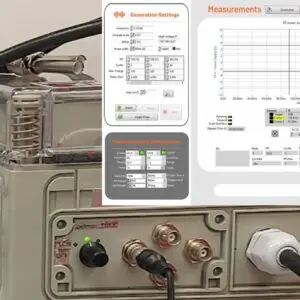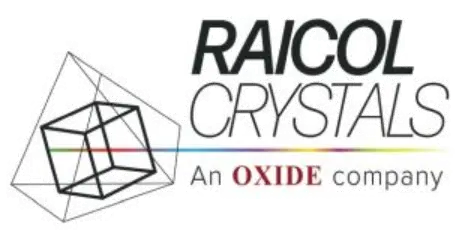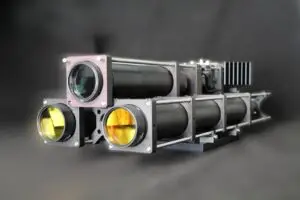As the winter approaches, we tend to spend more time indoor anyway. But now we have more reasons to do so: many of us work from home due to the current COVID-19 pandemic. A lot of places are closed, and we find ourselves spending time home more than ever.
The question is: how is the quality of your air at home?
Did you know that household air pollution is a common cause of disease and premature deaths? According to the World Health Organization (WHO), millions of deaths yearly worldwide occur due to household air pollution. For example, the smoke from cooking fires alone is responsible for 3.8 million premature deaths each year. Exposure to indoor air pollutants cause many symptoms and diseases from respiratory illnesses to cancer and eye problems, affecting both children and adults, says WHO. [1]
Here are the top 4 tips to improve the air quality of your home
- Open your windows to allow fresh air in your home daily. According to The Environmental Protection Agency (EPA), the levels of indoor air pollutants are often 2-5 times higher than outdoors, and sometimes even 100 times higher for specific pollutants. [4]. Make sure you remove the dust and clean your home regularly, too.
- Get plenty of plants. A NASA study concluded that “Houseplants can purify and rejuvenate air within our houses and workplaces, safeguarding us from any side effects associated with prevalent toxins like ammonia, formaldehyde, and benzene.” NASA researchers suggest that indoor plants are particularly beneficial for those who have respiratory conditions, and you should have at least one plant for every 100 square feet of your home to make them effective air purifiers. If you have pets, make sure the plants your buy are safe for them, too. [2]
- Have a good quality air purifier. High-efficiency particulate air (HEPA) filters can significantly reduce fine-particulate matter in the air compared with non-HEPA air filters, according to research studies [3]
- A UV air purifier or UVC disinfection? How about both. UVC lamp helps reduce air pollution and is a highly effective disinfectant. The way UVC light air purifiers is pretty straight forward. The UVC lamp alters the genetic material of various microbes suspended in the air or found on surfaces. Therefore the UV lamps that include ultraviolet C rays are mostly known to provide disinfection. But they can also help to reduce air pollutants. UV light air purifiers usually combine a UVC lamp with another forced-air system or a HEPA filter. The ambient air in your home is forced through the unit, and this air is exposed to the UVC lamp. There are various factors that play important roles: the type of UV lamp, the humidity, and temperature can all influence the performance of the UVC light purifier unit.
Special considerations
Not all UVC devices are created equally. Some of them are of low quality and have never been tested for safety or efficacy. Some of them may contain dangerous levels of ozone, which is an air pollutant on its own.
All UVC devices should be used when there is no person in the room to avoid skin or eye exposure to this light.
At IZAK Scientific, we offer UVC devices based on UVC pulsed xenon light. It is advanced UVC technology and is mercury-free. The Fast PXL is mobile and can be moved from one room to another to disinfect and purify the air. Our products are created by experts in the field of electro-optics and photonics. All devices are tested for safety and efficacy. We also offer a full training manual.
Tzachi Sabati
CEO, IZAK Scientific
Physicist specializing in photonics and quantum technologies, with deep expertise in quantum sensors and advanced optical systems. Leads the Advanced Quantum Lab course at the Technion, bridging academic excellence with industry innovation. At IZAK Scientific, provides cutting-edge photonics-based solutions, developing customized inspection and sensing systems for R&D and production. Passionate about advancing quantum sensing applications and integrating novel technologies to meet industry needs.


